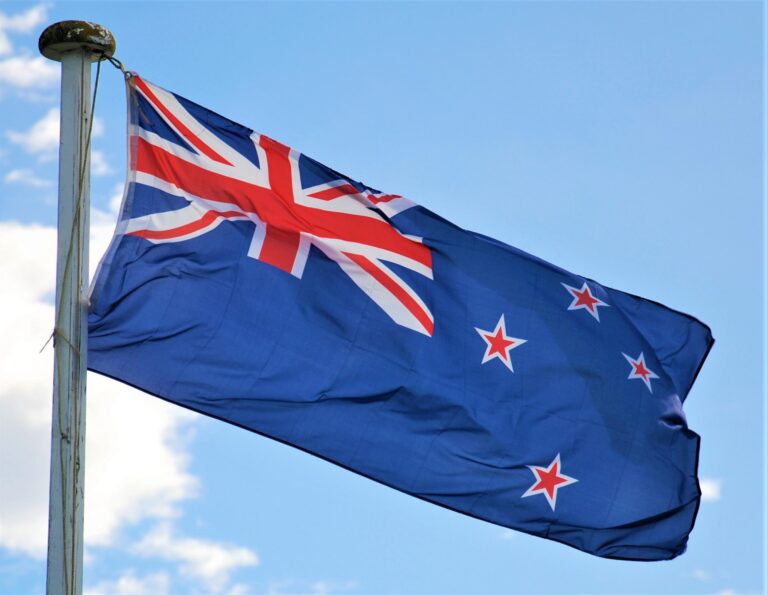About New Zealand
A staggering range of stunning scenery may be seen in New Zealand. The Lord of the Rings trilogy and other big-budget films were filmed there. But New Zealand’s natural beauty is not its only draw. This fascinating and far-off nation will enchant students who are studying there. There are 27 English language schools, over 20 industry training organizations, about 600 private training institutions, eight universities, and 18 polytechnic and institutes of technology in New Zealand. New Zealand provides a secure setting for studying. It is the first nation to declare itself a nuclear-free zone on the entire planet.
A country of recreational wonderland offering high quality education.

Why Study in New Zealand
Superior Living Conditions:
You may afford to live and study in luxurious, contemporary housing in New Zealand, which is only a short distance from top-notch academic institutions. Both public transportation and automobile prices are reasonable. A recreational paradise is just outside your door after hours. Freshest food of all kinds, hip cafes, marketplaces, high-end boutique shopping, theatres, and art galleries are all available to you.
Prestigious Institutions:
A degree from New Zealand University is among the very best in the world. Students have the uncommon advantage of having one-on-one access to tutors in a small country with small courses, many of whom are internationally recognized authorities in their subjects. Because graduates from New Zealand institutions have a high level of practical and theoretical competency, degrees from these institutions are regarded as desirable on a global scale.
Standard of Living
New Zealand has a far lower cost of living than many other popular foreign student destinations. This opens up the nation to students with limited financial resources.
Everyone is English-speaking:
Since everyone in New Zealand speaks English, moving there will help you enhance your language abilities. Along the journey, you’ll learn about their distinctive culture and colloquialisms.
Workplace Opportunities:
International students in New Zealand have the option of working while they are enrolled in classes. Depending on their course of study, students may be allowed to work up to 20 hours a week during study times or full time during breaks.
Renowned degrees and courses:
New Zealand degrees are known for being useful, cutting-edge, and appealing. New Zealand degrees are among the top in the world in a number of specialized fields, including biotechnology, forensic science, marine engineering, and food science and technology.
It is breathtakingly stunning:
With its mountains, fjords, glaciers, and beaches dotted with enormous, perfectly rounded boulders, New Zealand make you wonder if Peter Jackson softened the scenery for his films. Nothing could possibly capture the beauty of this nation.
The world’s centre for thrill-seekers is there:
Did you know that bungee jumping was created by the Maori (New Zealand’s indigenous people)? Did you know that the first person to conquer Mount Everest, Dir Edmund Hilary, was a Kiwi? Do you want to jump from a bungee cord and fall for eight seconds? Want to jump off a cliff in a huge, spinning swing? Does hang gliding catch your attention? A jet boat? rafting across rapids? Or simply a skydive like the old days? You must be here at this time.
Outstanding exchange rate:
The New Zealand dollar currently has a considerably better exchange rate than those of many other nations.
PR Opportunities:
A post-study work visa can be obtained to allow you to work in New Zealand after you graduate. International students who meet their requirements may apply for permanent resident status in New Zealand.
Top Ten Programs in New Zealand
- Business
- Information Technology
- Engineering
- Hair Dressing
- Hospitality Management
- Cookery
- Sports and Exercise Science
- Health Management
- Computer Science – Networking
Intake
February & July
February & July are major intakes when admissions are open for courses in all institutions
Other
March, August, October, November and December are smaller intakes where admissions are open for limited programmes in limited institutions
